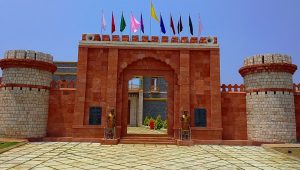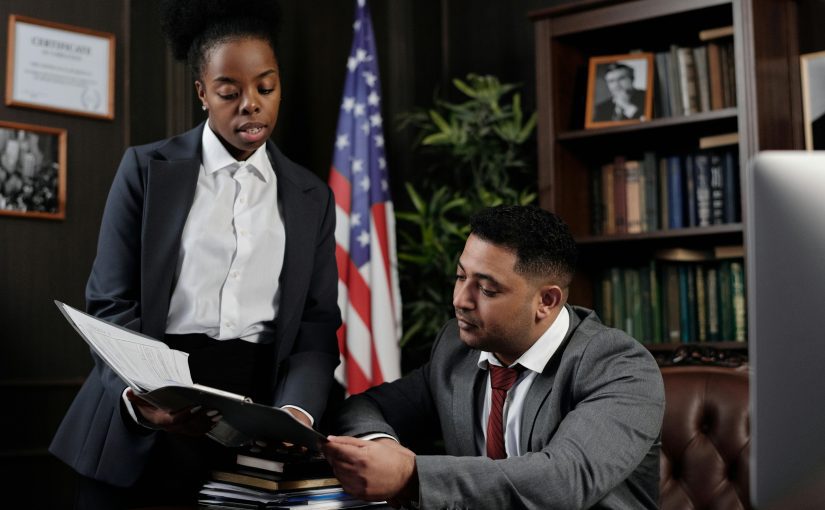
International organizations like the United Nations (UN) and the European Union have an important task of upholding international peace and security while promoting social justice and international cooperation. They supervise the relationship between international players and states while encompassing conventions, treaties, and laws dedicated to human rights, international trade, and conflict resolution.
Translation plays a critical role in the implementation of international laws. There are countless languages spoken across the world. Therefore, translation plays a crucial role in its accessibility.
This blog will discuss the dynamics of international law from a translation perspective and the role of the collaborative translation process while highlighting the strategies and challenges in translating these charters to retain their clarity.
Translation and Diplomacy
Translation is not just translating words from one language to another. It’s communicating the original message in another language while maintaining the original text’s essence. However, it is a different game when international law is translated into different languages.
The diplomats have to make sure that the law is followed without any problems. These laws are created in a multilingual setting, and the conventions, charters, and treaties are translated into different languages.
Ensure Accuracy and Consistent Use of Legal Terminology
The formation of the laws is a tedious process but translating it in an accurate manner with consistent use of legal terminology makes it more challenging. The legal connotations come with specific meanings that are associated with the legal traditions and systems of that country.
A phrase in one language may not have a direct equivalent in another. So, a careful and nuanced approach is used for its translation. For example, translators must pick the closest equivalent to the term “due process,” as this English term can have a different meaning when translated into another language.
Avoiding Ambiguity and Misinterpretation
The use of ambiguous terms while translating international laws can have dire consequences. The international documents should contain precise and unambiguous language to prevent disputes that arise from misinterpretation and ambiguity.
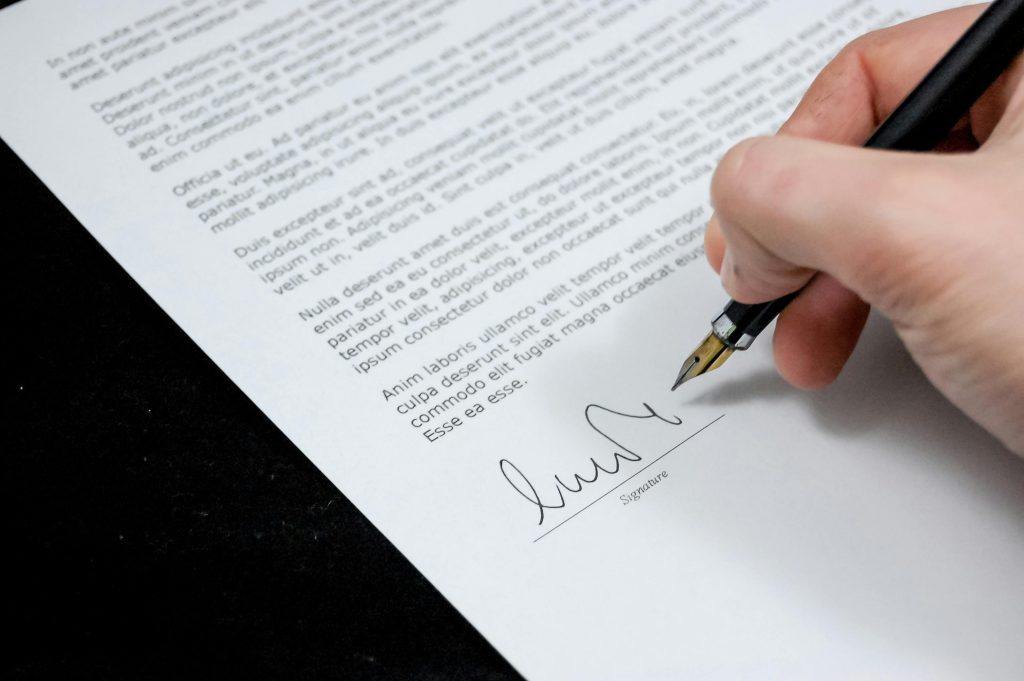
Translators must have an extensive knowledge of the source, target languages, and legal systems to avoid getting into such predicaments. The United Nations Charter is written in six languages (Spanish, French, Arabic, Chinese, English, and Russian), and each version should convey the same clauses without any room for misinterpretation.
Multilingual legal instruments have redefined international law through treaties, such as the Treaty of Versailles and the Rome Statute of the International Criminal Court. They are written in different languages and are equally authoritative. This highlights the importance of translation in international law. There can be severe legal implications if discrepancies are found in this regard. Translators have a tedious task to make sure that each version conveys the same legal commitments and standards with accuracy.
However, the linguistic, cultural, and legal differences can turn the translation process into a complex one. The legal concepts come from the cultural and historical contexts of a particular legal system, which require translators to use it at their disposal while staying true to the integrity of the concept. For example, the concept of “equity” in law refers to judicial principles without direct counterparts in civil law systems.

Countries have their own legal systems (common law, civil law, Islamic law, and customary law) with their own set of terminologies and legal structures. So, translators must be on their toes to analyze these differences and retain the accuracy of the legal texts when translating these legal documents.
The laws of the country are written via cultural terms, and it is a reflection of that country’s values, beliefs, and practices. A professional translator must be aware of these cultural nuances when translating it. It should resonate with the target audience. The concepts regarding family law can be different across various cultures, and these differences must be included in the translated piece with caution.
Government and international organizations adopt different strategies to improve the accuracy and effectiveness of legal translation. These techniques include appointing expert translators, extensive translation processes, and creating terminologies.
Thus, effective legal translation is impossible without expert translators. They have the knowledge of different affairs and the skills to navigate the complexities of the terms and concepts. They can accurately interpret the source text and convey its meaning in the target language while maintaining the integrity of the legal document.
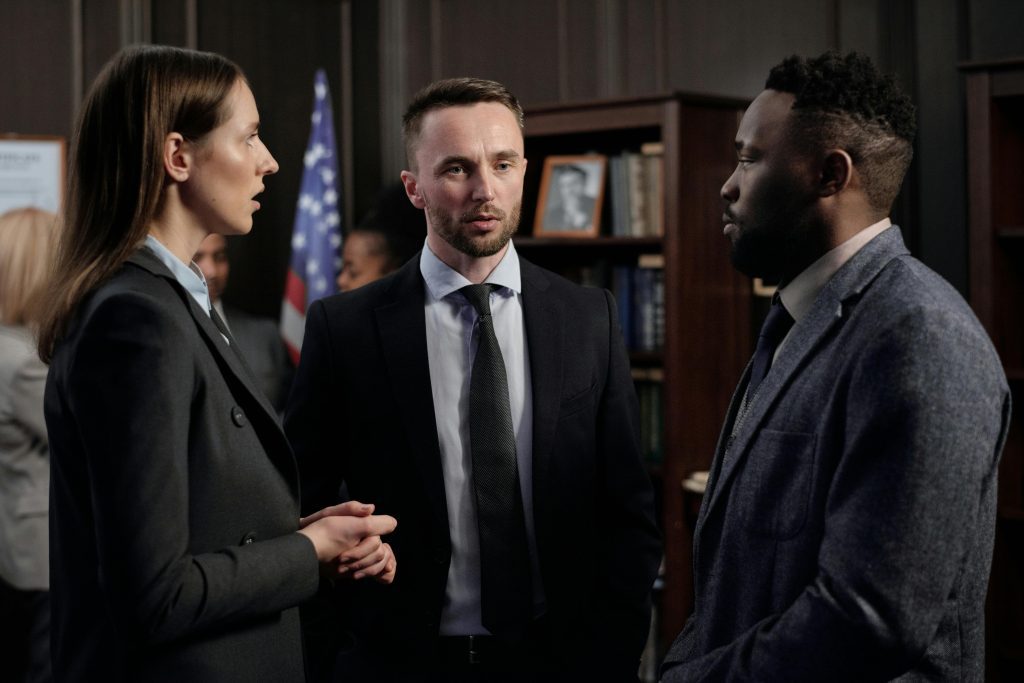
A collaborative translation process is also an intriguing way to translate legal documents. It involves multiple legal experts and translators coming together and giving accurate and consistent results. This approach allows them to cross-check and validate translations, reducing the risk of errors and misinterpretations.
The United Nations (UN) has a dedicated translation team. The department translates treaties, resolutions, and charters into six languages. The quality control measures and relies on experienced translators with expertise in international law to ensure accurate and consistent translations.
Similar to the United Nations, the European Union (EU) has a team dedicated to translating its legal documents into the 24 official languages of its member states. This guarantees high-quality and consistent translations but faces the challenge of uniformity. The Directorate-General for Translation (DGT) leads the team and uses advanced technology to carry out tasks. With expertise in international law to ensure accurate and consistent translations.
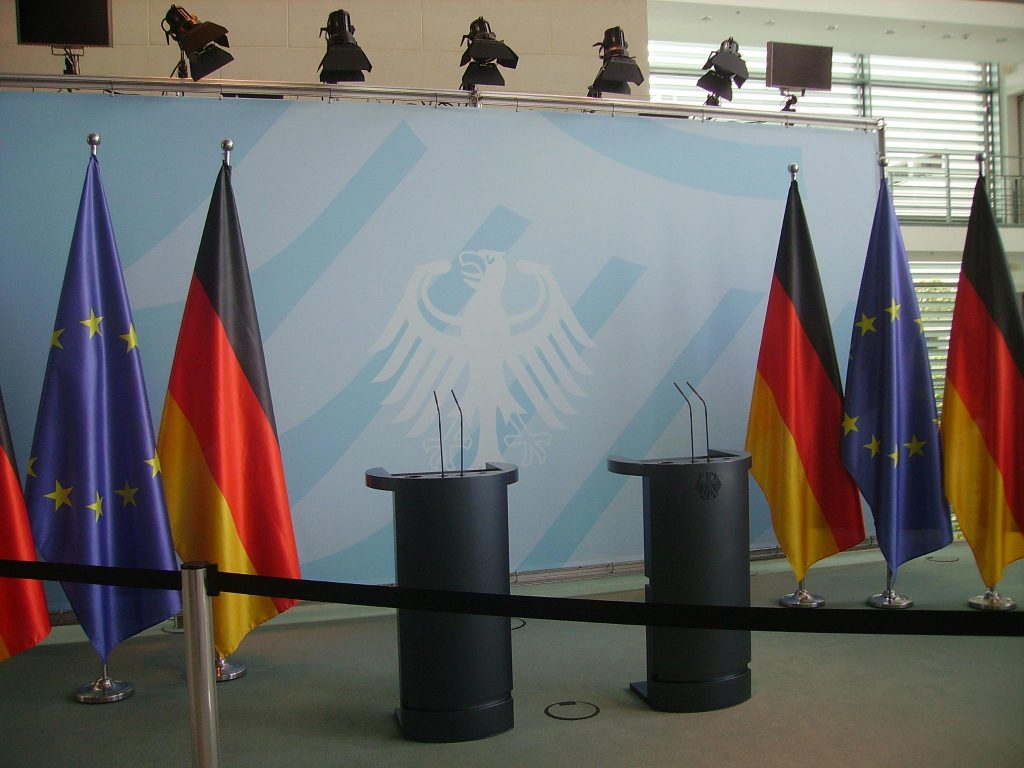
The Rome Statute, which laid the foundations of the International Criminal Court (ICC), was drafted in multiple languages. The fact that the document conveyed the same legal obligations and principles in each language version was monumental. Legal experts and translators collaborated and worked extensively on it.
How Technological Advancement Revolutionize Translation
Technological advancements gave new meaning to legal translation by enhancing accuracy and efficiency with the latest tools and resources.
Language Learning Models (LLMs) and Artificial Intelligence (AI) have given a new meaning to translation.
These advanced systems offer high-quality translations by learning from the datasets. These tools are in high demand, but they will not replace humans because translating these important documents requires human supervision. These tools can enhance results with striking features.
Language Learning Models and Artificial Intelligence have given a new meaning to translation. ID card Translation is a crucial task that involves translating personal identification documents accurately to ensure they are accepted and recognized internationally

On the other hand, professional translators use Translation Memory (TM) and Terminology Management Systems (TMS) for legal translation. The former is documented to be reliable in enhancing consistency and efficiency, especially when it comes to working on legal texts with repetitive language and standard clauses. The latter offers centralized databases of standardized terms and their translations. They help translators translate terms across different documents and languages.
Importance of Translation in Global Diplomacy
States and international actors participate in diplomatic negotiations to form alliances, resolve conflicts, and sign treaties. These high-stakes communication processes put translators in the limelight.
Translators are responsible for making parties understand each other’s views on affairs. There is no room for error, and miscommunication or mistranslation can derail the process. They should be capable of translating the connotations and nuance along with the literal meaning of the words. They are trusted to maintain diplomatic nuance, as a poor choice of words sets a negative impression of a country on a global scale. Expert translators make sure that the translated message is communicated efficiently.
Translators play a role in conflict resolution and peace-building efforts by using effective communication to de-escalate tensions and improve dialogue between states. They act as mediators by ensuring all parties accurately understand the content of the agreements. They help build trust by showcasing respect for the languages and cultures. Translators are vital for effective communication as they disseminate important information about global affairs.
Translators play a key role in the flow of information to the global public. International organizations prepare reports that are released to the public. Correct translation facilitates the spreading of accurate knowledge about global affairs.
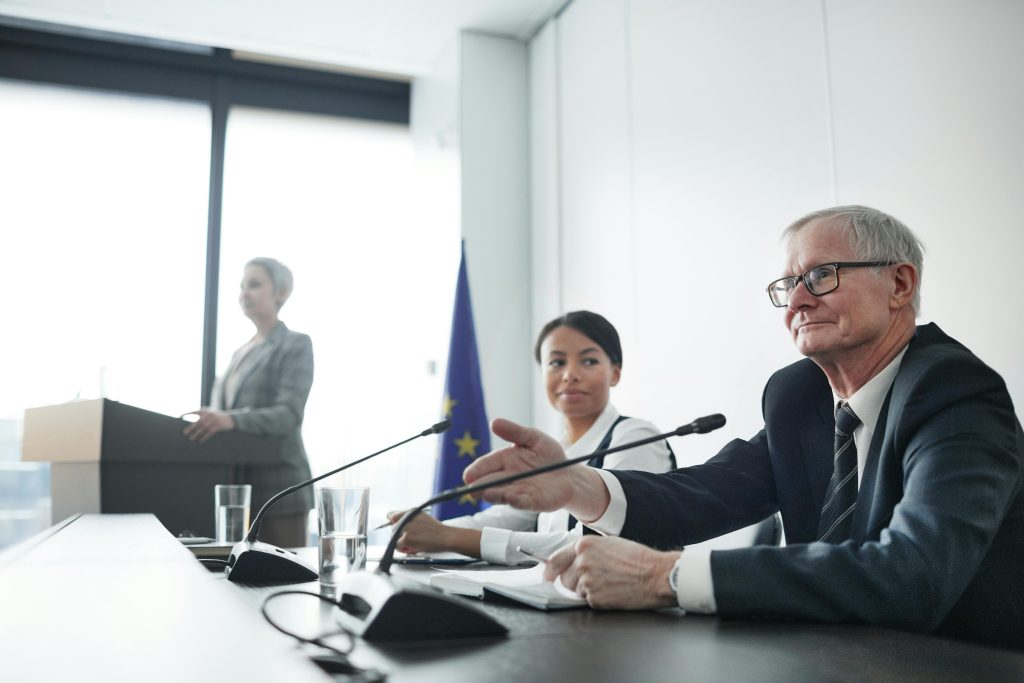
Translators facilitate real-time communication among participants who communicate in different languages at the event. They ensure that discussions are inclusive and the opinions of all parties are entertained.
Challenges in Diplomatic Translation
Translation plays a vital role in diplomacy, but translations and interpreters face several challenges, with linguistic complexity, cultural differences, and ethical dilemmas being some of them.
Translators have to get familiar with the cultural nuances of diplomatic language. They have to understand the cultural contexts and nuances of both languages. The misinterpretation of cultural references and idioms will cause misunderstandings and diplomatic faux pas.
Moreover, translators and interpreters need to be confident and neutral. They should ensure that the sensitive information is not misused or disclosed. Translators find themselves in difficult positions because of this obligation, especially when told to translate controversial content.
Translators have to be aware of their own biases as they affect their quality of work. They affect the tone and meaning of translated texts while skewing diplomatic communications. The risk of this error can be reduced through continuous professional training and adherence to ethical standards.
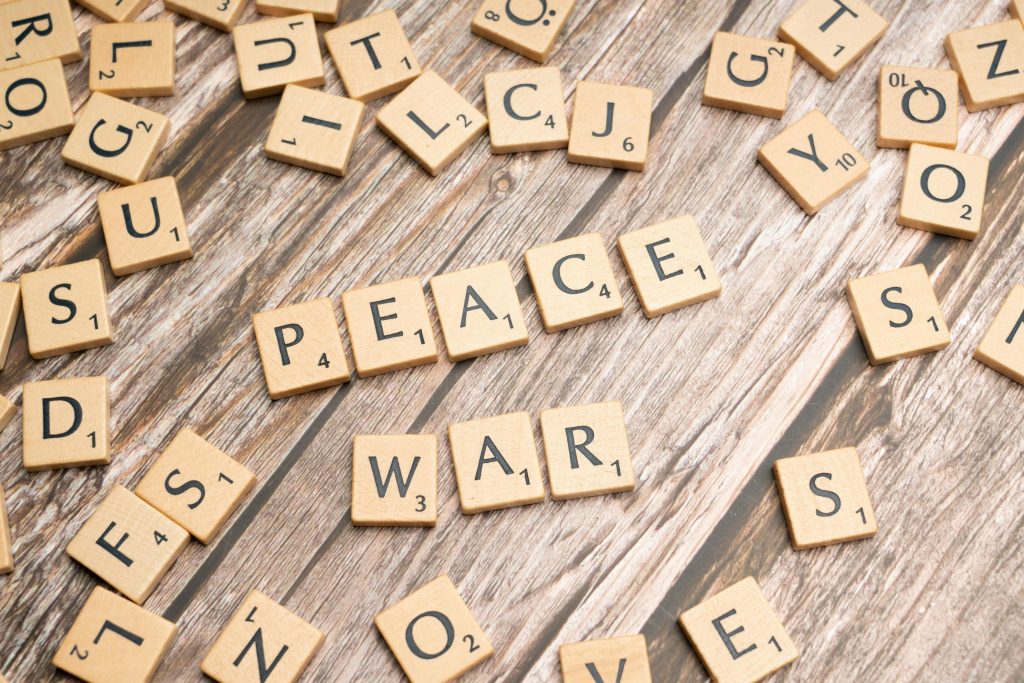
Conclusion
Translators are valuable in global diplomacy as they create a platform for effective communication while paving the way for mutual understanding and supporting conflict resolution. Translators are tasked to ensure that diplomatic negotiations are conducted smoothly and that peace-building efforts. They are essential for the functioning of the international diplomatic community as globalization brings nations closer together.
They navigate the complex dynamics of international law and offer accurate and consistent translations that can be effectively managed. International law continues to evolve in this interconnected world, and translators will play an influential role in ensuring that legal principles are understood and applied.
TranslateSwift is a leading translation service provider that gives culturally sensitive translations in any language of your choosing. Professionals will work their magic on your documents – whether they’re legal, business, personal, or other types in nature – and rewrite them in any language of your choosing.
Frequently Asked Questions
What are the challenges in translating legal text?
Translators face several challenges as they have to understand cultural contexts and nuances, ensure the confidentiality of sensitive information, and be aware of their own biases.
What are the major barriers to translation?
The major barriers when translating content are finding equivalents and staying faithful to the original message while ensuring accuracy in their translation.
Does the United Nations hire Translators?
Yes, the United Nations has a team of expert translators who fulfill their job responsibility with utmost care and precision.



